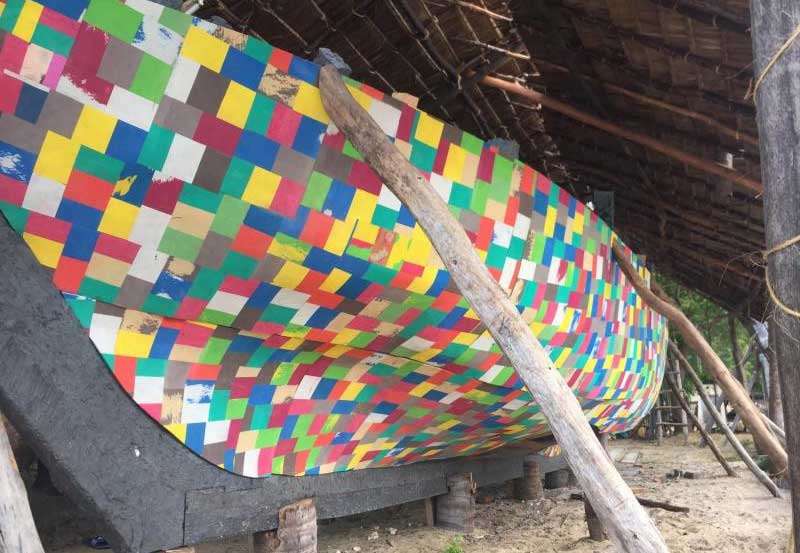×
The Standard e-Paper
Kenya’s Boldest Voice

There is a certain easiness to life that Lamu people have around them.
First, it seems like they are in control of time, and ticking clocks do not do enough to make them rush around performing a thousand tasks like their contemporaries in the big cities.